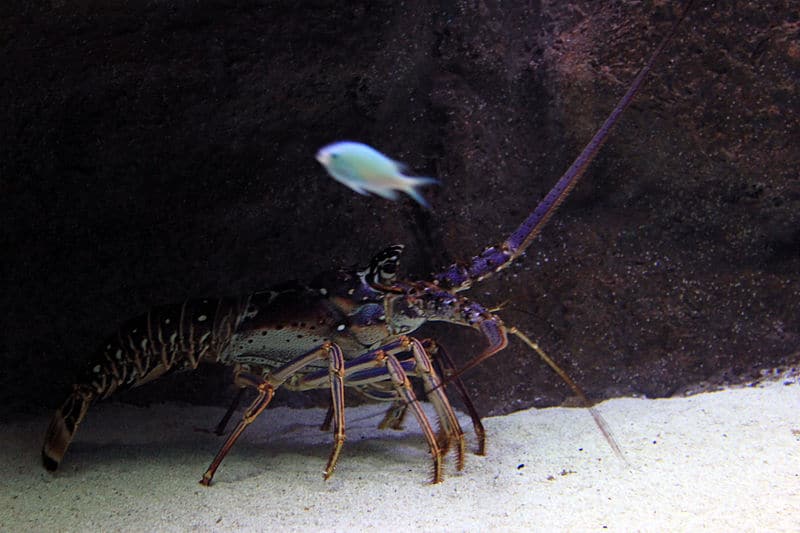
ADVERTISEMENT - CONTINUE READING BELOW
10. During the Lobster War the French argued that lobsters were fish
The 1961-63 Lobster War is somewhat misnamed. The conflict was over spiny lobsters, also called rock lobsters, which lack the large and edible claws of the lobster. Off the northeast coast of Brazil, they abound, crawling along the continental shelf at a depth of 250+ feet. In 1961 Brazil claimed a territorial limit for its waters of 100 miles. That year French lobstermen, who had formerly taken their catch off Mauretania, ventured into Brazilian waters. The French lobster boats were considerably larger than their Brazilian counterparts, capable of carrying larger catches. Lobstermen from the Brazilian state of Pernambuco asked for help from the Brazilian Navy. The Navy dispatched corvettes to the area to investigate and found the complaints of the lobstermen to be well-founded. The French boats were ordered to move to deeper water. They refused to leave.
Instead, the French lobstermen radioed their predicament to the French Navy, and requested a warship be sent to escort the lobster boats as they took in their catch. When the Brazilian Navy heard of the request it placed its own navy on high alert. Brazil’s Foreign Minister accused the French of an act of open hostility. On February 21, 1961, French President Charles de Gaulle ordered the then state-of-the-art destroyer Tartu dispatched to the region to support the French boats. Meanwhile, diplomats from both nations argued over whether spiny lobsters were fish, caught while swimming in open water, or crustaceans, which like oysters had to be dragged off the seabed. With the Brazilian Navy preparing for war, and the always unpredictable de Gaulle rattling French sabers, it appeared the Lobster War would erupt into a shooting war.

